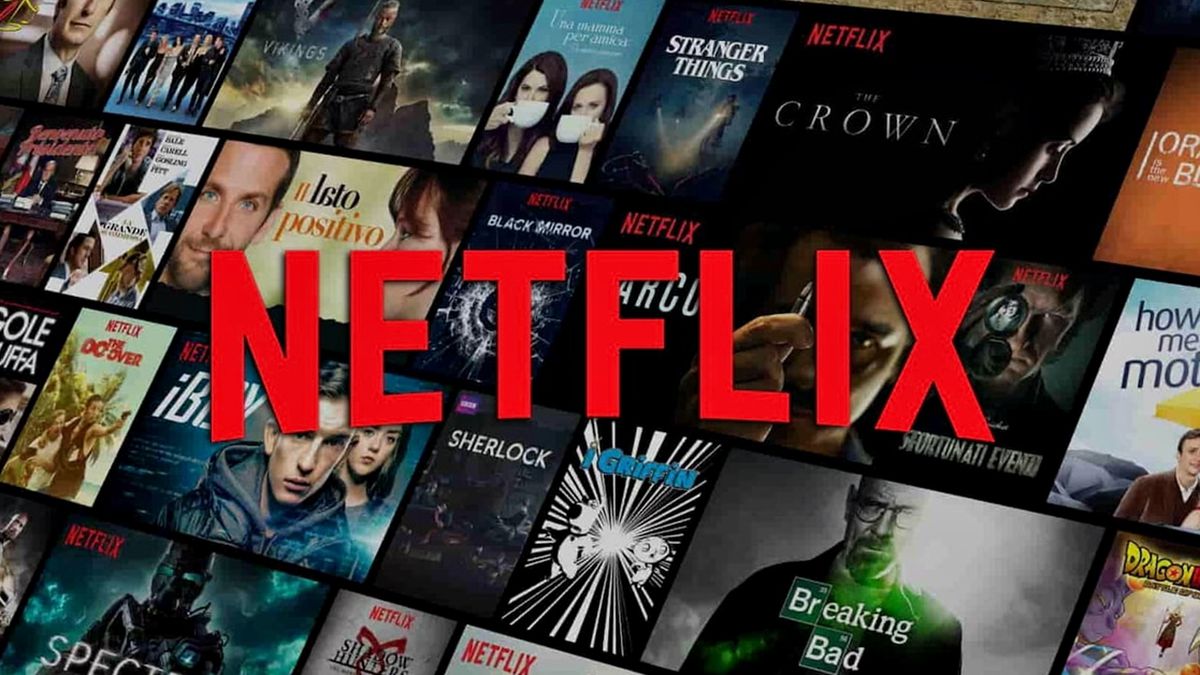By Hermione Silver, Year 12
There are few things we can be certain of in this world, what we can seemingly count on is Netflix to keep on pumping out its sub-par “Originals” at an astronomical rate, as a result. This leaves consumers like myself constantly trying to filter through the mediocrity to find something worthwhile . With Netflix’s budget rising to $18 billion— up from last year’s 16.2– the streaming platform is becoming an indecisive viewer’s nightmare, drowning us in millions of seemingly identical romcoms.
But I’m not the only one who feels this way. While Netflix has long held the title of streaming’s kingpin— the Don Corleone of the television mafia— the rise of services like Hulu, Prime Video and Disney+ suggests that the crown may be slipping. A study conducted by Variety in 2023 looked into audience satisfaction among leading streaming services. It found that “Netflix, which ranked second overall in 2021 on Whip Media’s survey, dropped to fourth place in 2022 — and this year, it continued to fall in overall satisfaction, ranking in sixth place in 2023. While Netflix ranks first for both user experience and suggesting programming to subscribers, it comes in dead last in perceived value.” The point about perceived value is interesting– consumers realise the inordinate amount of- for lack of a better word- rubbish Netflix puts out, yet we still buy into it. We scroll endlessly, hoping something will stick, and, when nothing does, we settle for what’s “good enough”. The result: a model that plays off convenience rather than genuine satisfaction.
The claims of poor quality are backed up by some pretty convincing evidence, as far as convincing evidence goes when talking about as subjective a topic such as film and TV. Business Insider attempted to quantify “high-quality” content, by defining it as films and series rated 8.0 or more on IMDb. Netflix came out behind HBOMax (21%), Hulu (14%), and Disney+ who had a narrow 0.5% edge over Netflix’s 13%. With evidence of slipping satisfaction ratings in the past few years, Netflix seems to be losing grip of its status, and the message is clear: less is more.
At times, it feels like Netflix works off the assumption that its subscribers are brain-dead—that we’ll continue to consume mountains of generic content, like the passive, milkshake-sipping passengers from Wall-E. Maybe that’s just me being cynical, but it’s nice to see how that business model isn’t working out as they hoped it would.
If Netflix wants to climb back up, maybe it should start by valuing the talent behind the content—a good start might be reconsidering the writers they seemed keen to let go. But hey, what do I know, maybe a new season of Stranger Things will do the trick.



